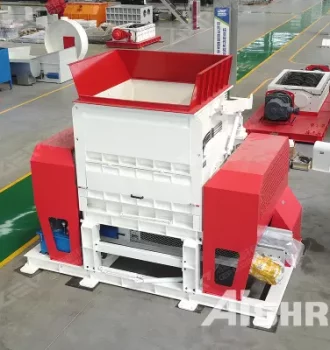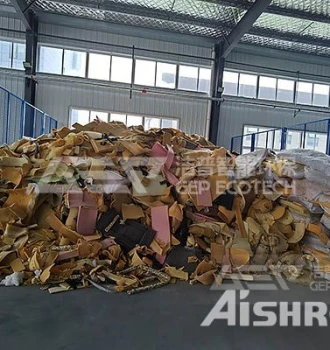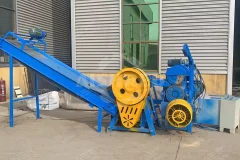
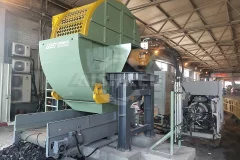
With growing environmental awareness and the global shift toward sustainable energy, RDF (Refuse Derived Fuel) is gaining traction across industries. TDF (Tire Derived Fuel), a significant branch of RDF, is increasingly valued for its ability to transform waste tires into valuable fuel. By shredding scrap tires into small pieces (typically around 50mm), TDF can partially replace fossil fuels in high-energy industrial operations like cement kilns and power plants—reducing environmental impact while promoting resource recovery.To meet varying application needs and investment levels, GEP ECOTECH offers two tailored tire shredding solutions:Integrated Slicing and Dicing MachineMain Advantages:Compact Design, User-Friendly: The all-in-one structure is space-saving and easy to operate, allowing quick deployment with minimal training.Low Entry Cost: Ideal for small and medium-sized investors, this solution reduces upfront investment and accelerates market entry.Tailored for Moderate Capacity: Perfect for projects
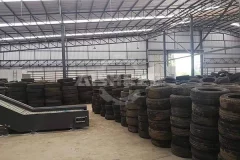
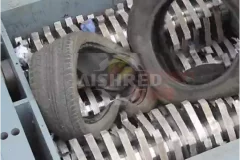
How to Reuse Waste Tires?
2024-03-27There are several ways to reuse waste tires, also known as scrap tires, in an environmentally friendly and economically beneficial manner.Here are some common methods:1. Tire Recycling Plants: These facilities specialize in shredding tires into their original components such as rubber, steel, and fiber. The rubber can be ground into small granulates or powders, which is used in various applications including playground surfaces, athletic tracks, and rubberized asphalt for roads.2. Tire-Derived Fuel (TDF):Tires can be shredded into smaller pieces and used as a fuel source in industries like cement manufacturing and pulp and paper mills. TDF serves as an alternative fuel, reducing the consumption of fossil fuels and diverting tires from landfills.3. Tire Pyrolysis:Pyrolysis is a process that involves heating tires in the absence of oxygen to break them down into oil, gas, and carbon black. The resulting products can be used as fuel, chemical feedstock, or as filler material in various industrial applications.4
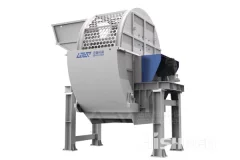
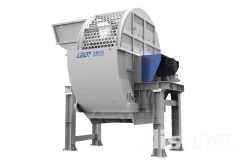
When choosing a tire shredder, you should not only focus on the price, but also on the quality of the equipment. Consider the output, displacement, energy consumption, and choose a more suitable tire shredder equipment from the many tire shredder brands. What factors need to be considered when selecting a tire shredder?The characteristics of the material to be disposed ofWhen choosing a tire shredder, the selection should be based on the nature of the actual material to be processed. Different models of tire shredder equipment have different production capacities and can handle different materials. These differences have also become the criteria for distinguishing tire shredder equipment models. For example, to deal with large truck tires, choose a large tire shredder equipment. Equipment CapacityDifferent types of tire shredders have different unit processing capacities, and different tire shredder equipment consumes different amounts of energy in the process, so the operating costs are different. It is
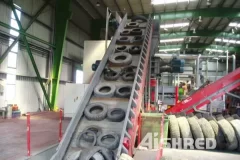
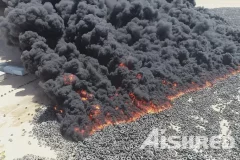
Our environment is facing challenges, hundreds of millions of end-of-life tires are encroaching on our space, polluting soil and groundwater, high temperatures can cause them to burn, and harmful smoke is polluting the atmosphere. Fortunately, we already know how to recycle this waste. Convert them to gold through material and energy recovery. Material RecyclingDue to the resistant rubber material, the material recycling of used tires is very expensive. The industry has high demands on recycled rubber; it must correspond exactly to the respective requirements. In material recycling, used tires are shredded in shredder and granulate plants and processed into powdered rubber or granules. The products obtained from material recycling can be reused, for example, for artificial turf, asphalt or sports fields or sealing materials. So that old tires can be separated into their three main components rubber, textile fibers and metal, the old tires must be crushed to a particle size of five millimetres. This is done
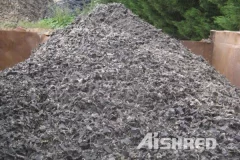
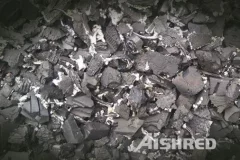
Scrap Tires to TDF with AIShred Shredders
2022-05-26Waste tires have great value and can turn them into alternative fuels used in cement kilns, power plants, steel mills, called TDF(Tire Derived Fuel), which reduces threats from unlawful stockpiling, while also creating economic profits. How is TDF produced?In simple terms, processing of discarded scrap tires into TDF consists of three main steps: shredding, screening and metal removal. The level of each is determined by the end user's needs and specifications (i.e., size of shreds and amount of metal removed). For shredding of scrap tires, equipment for tire processing generally comes in two types - slow speed and high-speed shredder. Slow speed shredder or rotary shear shredder is used to produce the larger chip sizes suitable for applications such as cement kilns, shearing the tire into 2 to 5-inch size shreds and liberating between 2 and 10 percent of the bead wire contained within the tire. The high speed single shaft shredder contains a rotor equipped with knives that shred the tire until they are of
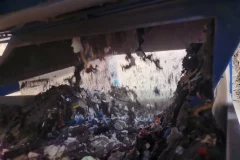
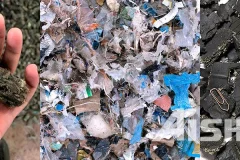
Fuel Processing for RDF, TDF and SRF
2022-05-05Since the beginning of the 21st century, more and more waste has been generated. In order to cope with the threat to the environment caused by the increase in waste, people have begun to use waste as fuel that can be burned in boilers for power generation or heating. We divide the fuel from waste into RDF, TDF, SRF according to different components and processing method of the waste. RDF(Refuse-derived fuel) is a fuel produced by sorting and shredding combustible materials contained in municipal solid waste (MSW) and industrial waste. Compared to fossil fuels, RDF is more affordable, abundant, and environmentally friendly. SRF(Solid Recovered Fuel) is a fuel produced by drying, filtering, and shredding solid waste, It is usually produced to meet the standards in Europe. The EN 15359 document gives the specifications for classifying SRF. Unlike RDF, SRF is a more refined material that is slightly more efficient than RDF, though it takes a more advanced process to make the fuel. TDF(Tire-derived fuel) is a
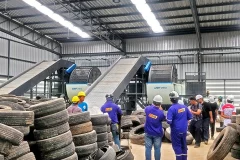
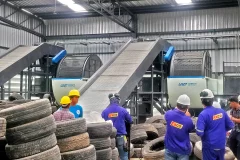
Waste Tire Processing
2022-03-03The management of end-of-life tires has always been an important issue in environmental conservation. Billions of scrap tires are generated globally every year. These accumulated waste not only take up a lot of space but can also cause fires and release harmful chemicals, posing potential threats to the environment and health. Effective recycling of scrap tires is receiving increasing attention. Fortunately, innovative developments are taking place in this area. There are now more mature and environmentally friendly treatment methods for end-of-life tires, which can be converted into derived fuels, recycled rubber, fuel oil, or other useful substances.GEP ECOTECH boasts extensive expertise in tire recycling, offering the capability to design and implement complete production lines tailored to the specific needs. Our versatile range of equipment combinations enables us to meet diverse tire and other rubber products recycling needs—be it recycling rubber chips, granules, powder, or for pyrolysis—at different

